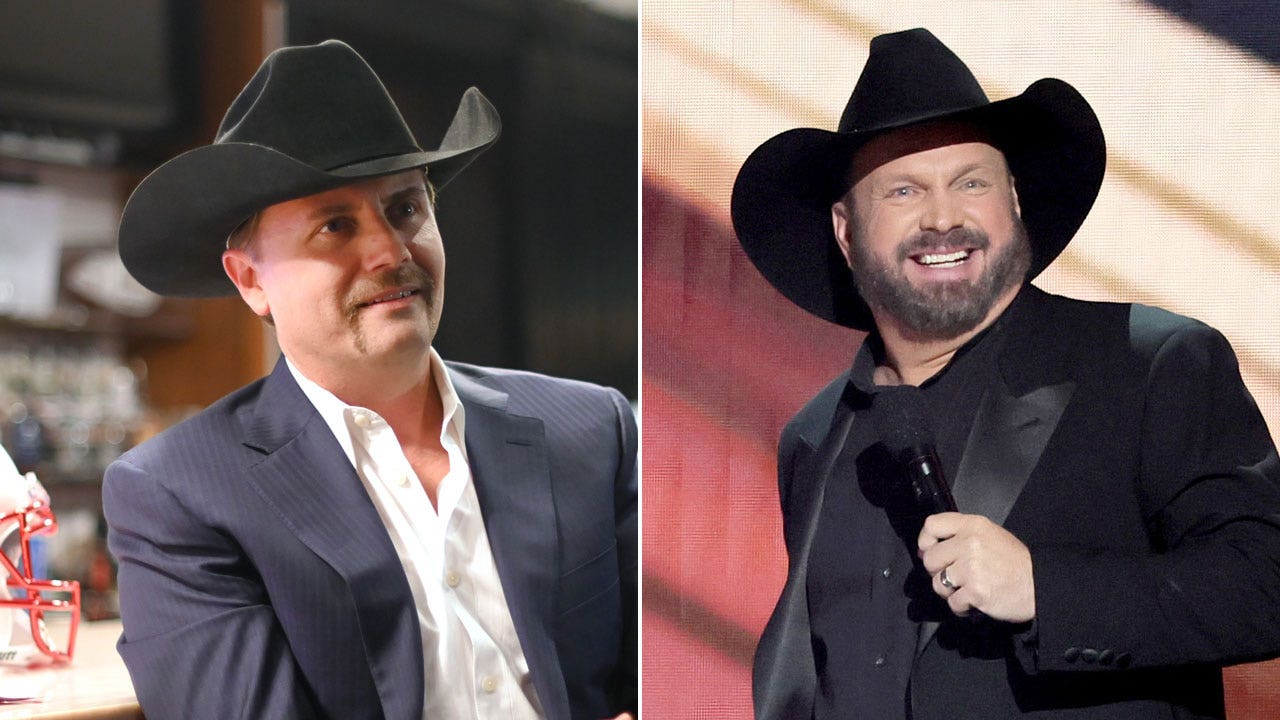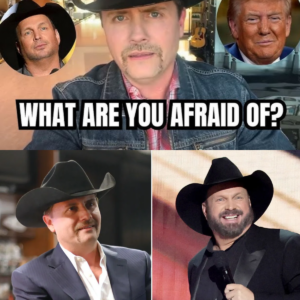John Rich Criticizes Country Music Stars for Silence on Conservative Issues
In a recent statement, country music star John Rich has voiced concerns about the silence of many prominent country artists regarding conservative political issues, particularly in light of the political landscape surrounding former President Donald Trump’s inauguration and the support that some artists have shown for left-leaning causes. Rich’s comments have sparked a larger conversation about the state of political expression in the country music industry and the challenges artists face when speaking out on divisive political issues.

The Conversation That Sparked the Debate
Rich, known for his outspoken opinions and as a member of the country duo Big & Rich, began his commentary after Carrie Underwood’s announcement that she would be performing “America the Beautiful” at President Trump’s historic inauguration. Underwood’s participation was met with mixed reactions from her fan base, with some fans threatening to boycott her music due to her decision to support the event. However, Underwood, in her statement, emphasized her desire to bring the country together despite political divides, calling for unity and hope for the future.
While Rich expressed admiration for Underwood’s willingness to perform at such a significant event, he was also prompted to reflect on the broader issue of political silence within the country music community. His comments focused particularly on artists like Garth Brooks and Brad Paisley, both of whom have publicly supported left-wing causes, yet Rich expressed frustration that so many conservative-leaning artists remained quiet about their political views.
A Call for More Conservative Voices in Country Music

In his remarks, Rich wondered aloud why artists like Garth Brooks, who performed at President Joe Biden’s inauguration and has shown public support for Biden and Hillary Clinton, could be so vocal about their political beliefs. Rich noted that Brooks’ participation in Biden’s inauguration and his vocal support for left-wing causes, including hugs for Clinton and a public embrace of liberal political figures, contrasted sharply with what he perceived as the hesitance of some conservative country stars to speak out.
Rich didn’t stop there—he also criticized Brad Paisley for his actions during the COVID-19 pandemic. Paisley, who partnered with Jill Biden to set up a vaccine distribution site in Nashville, actively encouraged people to get vaccinated and touted the virtues of the vaccine in a public event. While Rich didn’t disagree with the actions of these artists in terms of their right to express their opinions, he questioned why more country music stars with conservative leanings had not come forward to share their support for Trump and similar causes.
Rich continued to voice his frustration about the silence of many country stars who, in his view, were privately supportive of Trump but unwilling to publicly acknowledge it. “Where are the big-time A-listers that are conservative in country music?” he asked. “There are artists out there that I know of who privately support Trump, but they aren’t stepping up. I just don’t understand it.”
The Pressure to Stay Silent
John Rich further pointed out that country artists may be silenced or discouraged from speaking their truth because of fear of backlash from the public or the music industry. He suggested that record labels and major music corporations might play a role in suppressing conservative voices in favor of a more politically neutral or liberal stance. Rich emphasized that many of these artists had large, loyal fan bases that would only grow if they were more open about their conservative views.
In his view, standing up for one’s beliefs—especially in a culture as deeply divided as American politics—is not just an expression of personal conviction but a business opportunity. “If you step forward and speak your mind about what you truly believe and stand for, your crowd is going to get bigger,” Rich argued. “Look at Jason Aldean—did his crowd get bigger after he started speaking out? Yeah, it did.”

Rich’s comments also carried a message of nostalgia for a time when country music was known for its rebellious spirit and outspoken voices. He compared the current climate to the era of legendary artists like Johnny Cash, Willie Nelson, and Kristofferson—country music icons who were never afraid to speak out about issues they cared about, regardless of the potential consequences. To Rich, being an “Outlaw” in the country music scene meant being willing to express yourself, even if your opinions were unpopular.
A Divisive Issue in Country Music
The tension Rich addresses is not new. The intersection of music and politics has always been fraught, particularly in the country music genre, which often reflects the values of its audience—many of whom lean conservative. Country music has long been associated with patriotism, traditional values, and support for the working class, making it a natural home for many who supported Trump. However, many artists have faced criticism when they publicly align themselves with political causes, particularly when those causes don’t align with the views of their fan base.
The debate also touches on the broader cultural issues of cancel culture and the fear of alienating audiences. In the case of country music, an industry historically dominated by conservative viewpoints, artists may feel that voicing their political opinions could risk losing part of their audience or even facing professional consequences. Rich’s critique suggests that artists should be more willing to take risks for the sake of their principles.
Conclusion
John Rich’s criticism of his fellow country artists’ reluctance to publicly embrace conservative political views has sparked a wider conversation about the role of political expression in the country music industry. His comments have raised important questions about the pressures artists face to conform to certain expectations and the consequences of speaking out in an increasingly polarized world. As country music continues to evolve, the question remains whether more artists will follow Rich’s call to speak up and stand by their beliefs, or whether the fear of backlash will continue to stifle political discourse within the genre. Regardless of where one stands on the political spectrum, Rich’s message serves as a reminder of the power of music to be a platform for dialogue and change.

Leave a Reply